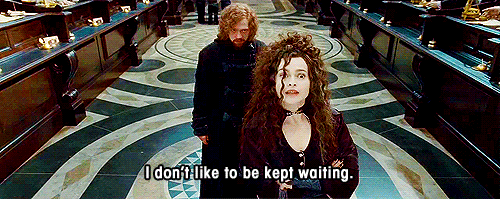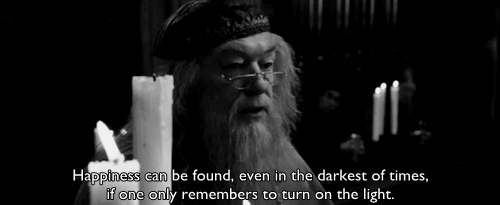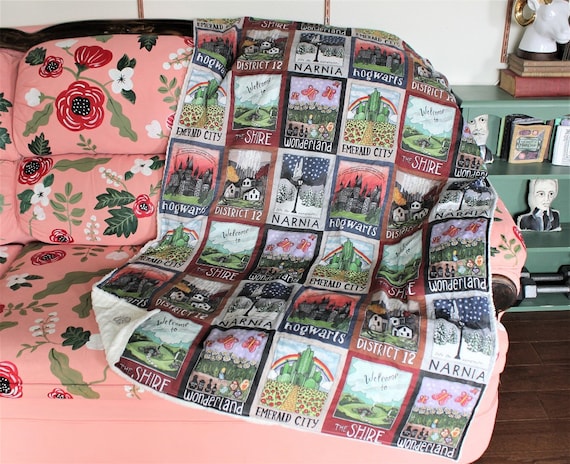We’re going waaaay back in time this Thursday peeps, right
back to my childhood when I loved L.M Montgomery more than marmite on toast.
Well, almost. I loved her a whole lot anyway.
Growing up, the world that L.M.Montgomery painted in her
books was a world I wanted to live in; her characters were people that I wanted
to be friends with – I read her books so much that I felt like they were my friends.
I loved the Emily books, and I loved the
Anne books (I think that probably Anne and Gilbert were the first fictional
couple I really ever fell for) and I read my copy of Rainbow Valley til the pages fell out. Pretty much most people-who-love
books though, are familiar with Emily Starr, and with Anne Shirley so that’s
not what I’m here for. What I want to talk about today is The Story
Girl which for some reason doesn’t seem to be as well known, and you
know, that’s a mystery to me because it’s SO GOOD. Or I mean, I thought it was
so good 20-odd years ago. I have to admit I haven’t read it in a while.
The Story Girl is about a group of
kids growing up on Prince Edward Island, in the rural type of community that
Montgomery wrote so well – it’s one of those kinds of books where there’s a
lot going on but not much happens. It’s a book about childhood, and about life
and about that one summer. And it’s about The Story Girl: Sara Stanley, who keeps the rest of the gang
entertained with a never ending number of stories. I LOVED Sara when I was little;
I kind of wanted to be her to be honest, in the same way that I loved Jo March.
I wonder if I’d feel the same way now? (I still love Jo March, FYI…)
In true L.M Montgomery style, the book is charming and
touching and paints an idyllic picture of a pretty much perfect summer (those halcyon
days though) and each of the children is somebody that you end up liking: observant
Beverley – it’s Bev who’s telling us the story, years later when he’s all grown
up; sensitive Felix; cocky Dan; beautiful and bossy Felicity; Cecily, the
advocate for peace with a stubborn streak; imaginative creative Sara Stanley;
the weepy ‘other’ Sara (my least fave I think); and independent Peter, there’s something
in them all that appealed to the child that I was, and as in all her books,
Montgomery wrote friendship so well. She wrote children
so well. They’re not a naughty group, but they’re not goody-goody’s either, and
in a story where not much happens, where there’s no beginning-middle-end to
speak of, their antics – mischievous and otherwise – drive the story (along
with naturally dramatic Sara’s stories, natch.) There’s a bit in the middle
that always comes to mind when I think about this book, where the children
write their dream books. God, I swear it’s worth a read for that alone, that
and the bit where one of the boys thinks that somebody praying for the opposite
thing to him will cancel out his prayer. I was genuinely concerned that was a
thing when I was small. Aaah, the logic of children. Oh and Sara’s story about
how kissing was discovered, or or or, the story about the blue chest.
"I am sitting on a tragedy," said the Story Girl suddenly”
Isn’t it funny what comes back to you?
It’s
kind of adorable this book, and, I’m sure I read somewhere that The Story Girl was L.M Montgomery’s own favourite so you
know, there’s that.
I guess really, it’s one of those books that transports me
back to my own childhood the second I see the cover. It’s for that reason that
I almost don’t want to read it again now: what if by doing so it loses some of
its magic?
If you’re interested and why would you not be, because
surely everybody loves a lovely book, my copy looks like this:
Look at it; it’s so old and wonderful. That’s because it
belonged to my Granny: check out the little dedication inside.
I miss when people
used to write in books like this. Which, it’s a weird thing for me to miss because
I like books to be perfect. I think it’s the idea of a story telling a story
you know? Like, this book isn’t just the story within it’s pages anymore, it’s
its own little piece of the past with its own memories and its own stories to
tell. I look at this book and I know where it came from and why, and it carries
with it a whole other meaning because of that and I just love it. I love that
my Granny read this copy, that her name is in it, and that my Mum read this
copy, and that then, when I discovered Anne of Green Gables, Granny passed this
copy down to me. I’ma keep it (obvs) and hopefully pass it onto my own daughter
one day. It kind of feels like more than just a good book,
it feels like a little piece of my family history.













